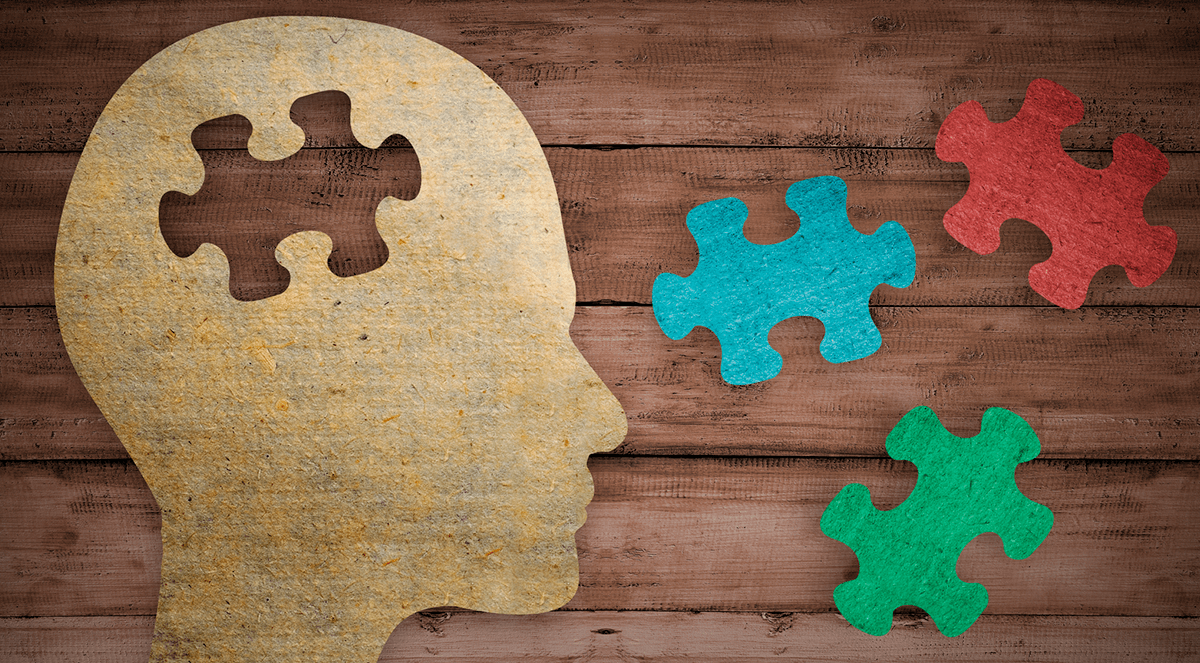Repetitive transcranial magnetic stimulation (rTMS) is effective in treating unipolar depression. However, the efficacy of rTMS in bipolar disorder (BD) is unclear. This meta-analysis aimed to examine the efficacy and tolerability of rTMS for both depressive and manic phases in BD.
MEDLINE, EMBASE, PsycINFO, CENTRAL databases were searched for controlled trials on treatment of BD with rTMS. Primary outcomes included changes in depression or mania scores, response and remission rates. Secondary outcomes included quality of life and functioning assessment. We used random-effects model, Hedge’s g, risk differences (RDs) and the number needed to treat (NNT).
Eleven randomized sham-controlled studies were included, with a total of 345 patients with BD (bipolar depression = 257, mania = 86, mixed affective = 2). Trials of rTMS in bipolar depression (N = 8) demonstrated small but significant improvement in depression scores [standardized mean difference = 0.302, p < 0.05], compared to control group. Furthermore, rTMS brought a higher remission rate than sham-controls [RD = 0.104 ± 0.044, p < 0.05, NNT = 10; and a trend of greater response rate [RD = 0.074 ± 0.039, p = 0.06]. Results were inconclusive for effect of rTMS in mania. In both depressive and manic groups, no serious adverse events were reported. Risk of treatment-emergent mania appeared low.
There was limited number of eligible primary studies, with variable randomization procedures.
rTMS appears safe and effective in treating bipolar depression. More stringent RCTs are necessary for concrete conclusion about efficacy in mania.
A Systematic Review and Meta-Analysis of Randomized Sham-Controlled Trials of Repetitive Transcranial Magnetic Stimulation for Bipolar Disorder.


